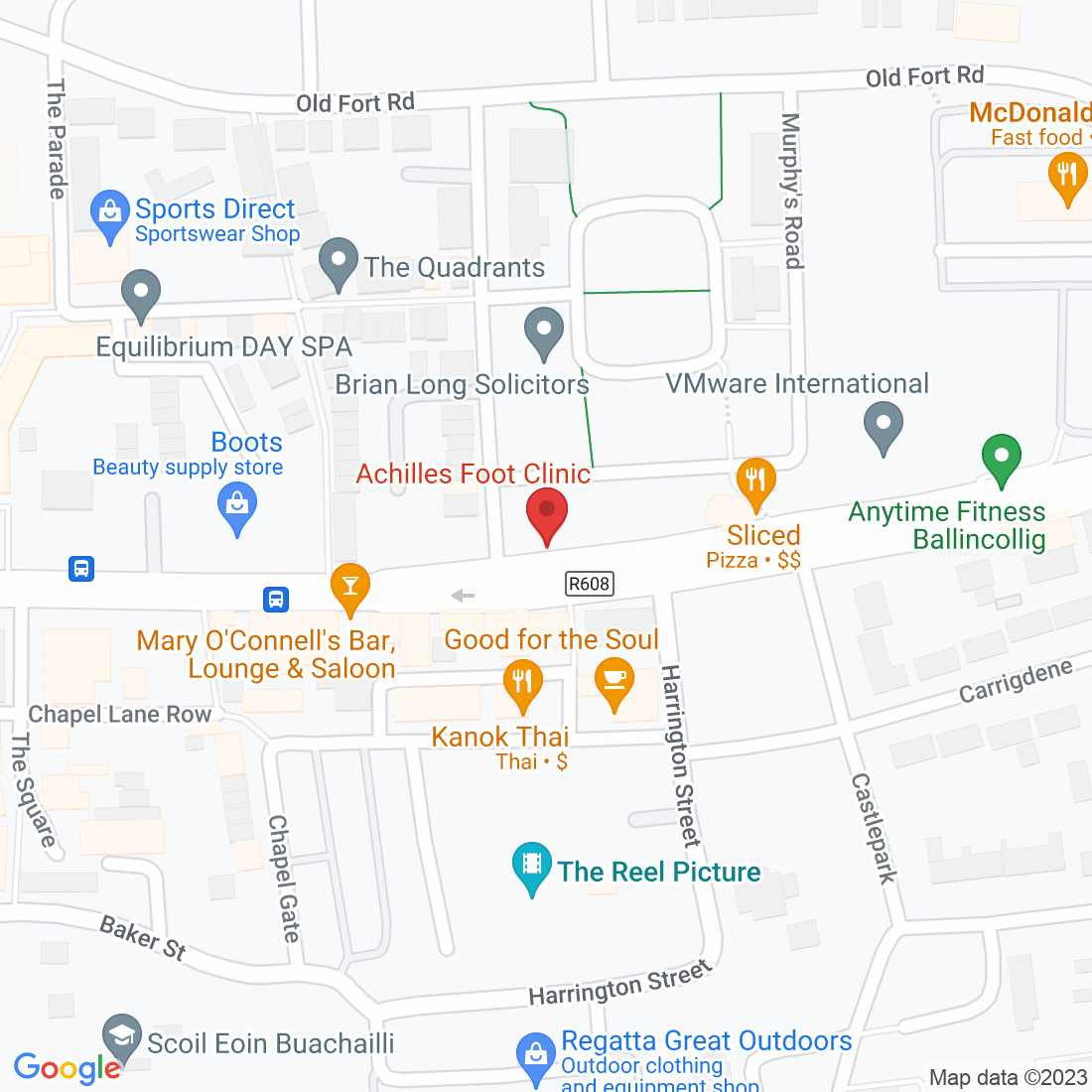
We have all been there, neglected a niggle in our foot and told ourselves that it would probably go away. Weeks have passed, even months, and it’s only getting worse. Then finally, when we are hobbling around barely able to walk, we decide to seek help…
Well, at Achilles Foot Clinic, we are here to help you.

Verruca or Corn? How to Tell the Difference (And Why It Matters)
Foot pain can sneak up on you. Maybe it starts with a dull ache, or perhaps you notice a small bump under your foot that's making every step a bit more uncomfortable. Before you rush to buy over-the-counter treatments, it's important to know exactly what you're dealing with.
Two common culprits we see at Achilles Foot Clinic are verrucas and corns. While they can look and feel similar, they’re actually quite different—and mistaking one for the other can delay healing and even make the problem worse.
What Is a Verruca?
A verruca is a type of wart caused by the human papillomavirus (HPV). It’s contagious, often painful, and commonly found on the soles of the feet. Verrucas usually:
Appear as small, grainy growths
Have black dots (clotted blood vessels) in the centre
Disrupt the natural skin lines
Hurt when you put pressure on them, like a stone in your shoe
Because they’re caused by a virus, verrucas tend to spread—either to other parts of your foot or to people you come into close contact with.
What Is a Corn?
A corn, on the other hand, is a thickened area of skin caused by repeated pressure or friction—often from poorly fitting shoes. Corns are not contagious and are more of a mechanical issue than a viral one. They typically:
Have a hard, raised centre
Form over bony areas like toes or the ball of the foot
Follow the natural skin lines
Are usually not painful unless pressed
Corns often appear yellowish and are surrounded by inflamed skin. Unlike verrucas, they don’t have black dots or break the skin’s pattern.
Why the Confusion?
Both conditions can present as round, raised areas on the foot that become sore with pressure. Without proper knowledge—or a podiatric assessment—it’s easy to mix them up. Unfortunately, using the wrong treatment can backfire. For example, applying salicylic acid (used for verrucas) to a corn may damage healthy skin and worsen the discomfort.
Why Accurate Diagnosis Matters
Treating a corn as if it's a verruca won’t solve the issue, and vice versa. At Achilles Foot Clinic, we often see patients who’ve tried various home remedies without success, simply because they weren’t treating the right condition.
By getting an accurate diagnosis, we can provide targeted treatment. This might include:
For verrucas: Cryotherapy, Swift Microwave Therapy, or topical treatments
For corns: Debridement, footwear advice, and orthotics to redistribute pressure
When to See a Podiatrist
You should come see us if:
The lesion is painful or growing
You’re unsure what it is
Home treatments haven’t worked
You have diabetes or circulation issues (don’t risk DIY care!)
Final Thoughts
Your feet carry you through life—it’s only fair you treat them well. Whether it’s a verruca or a corn, don’t let foot pain slow you down. Knowing the difference is the first step to proper care.
At Achilles Foot Clinic in Ballincollig, we’ll get to the root of the problem and help you step forward with confidence. Book a consultation today and give your feet the care they deserve.
Ask Lorcan And His Team
Fill in the form to request a Call From Our Team
Fill in the form to request a Call From Our Team
One of our team will call you for FREE and answer any questions or concerns you may have about Bunions.
One of our team will call you for FREE and answer any questions or concerns you may have about your uncomfortable Bunions.








